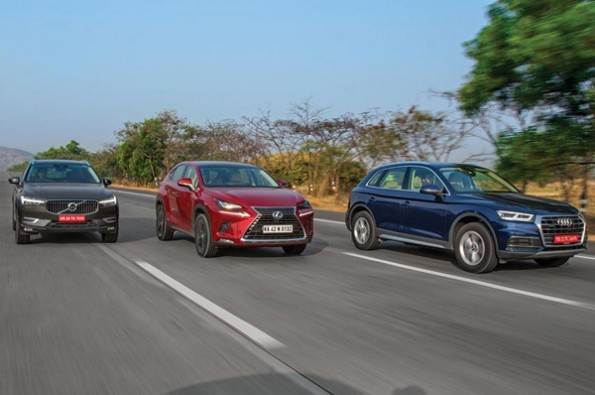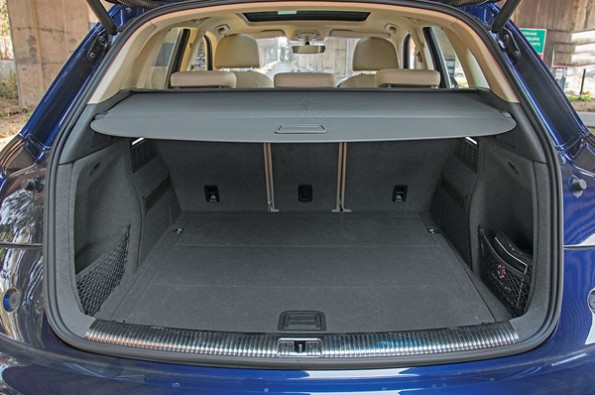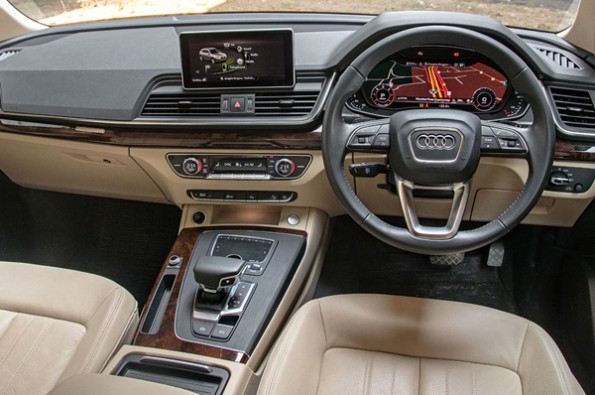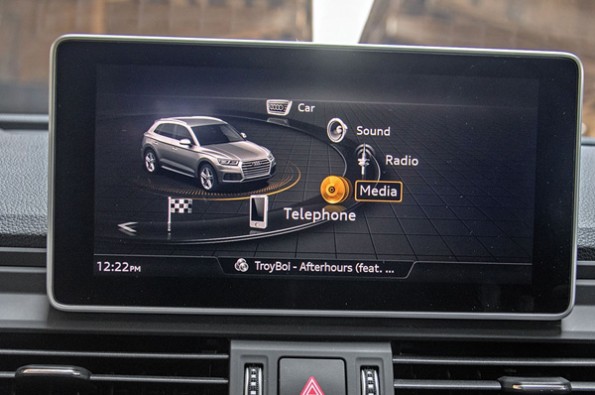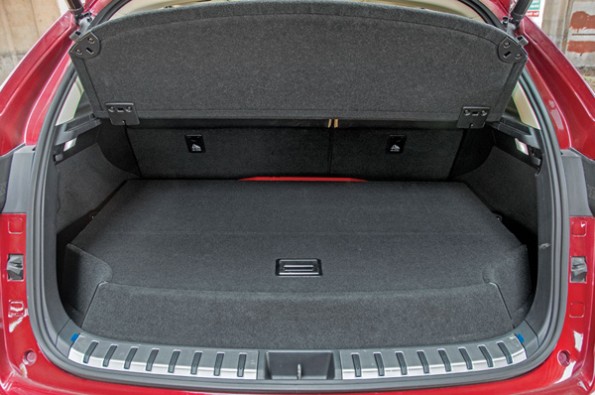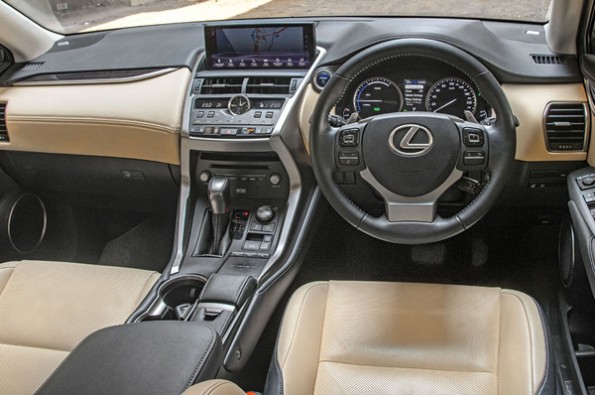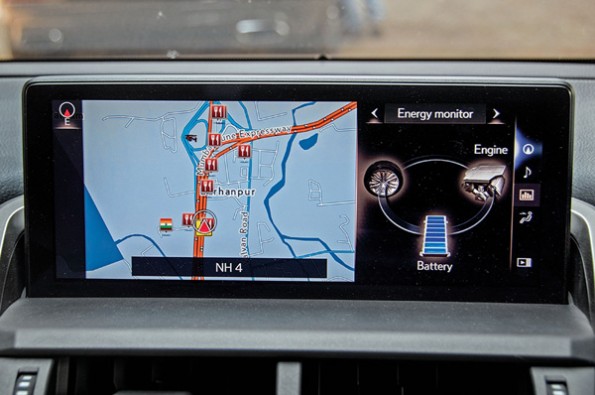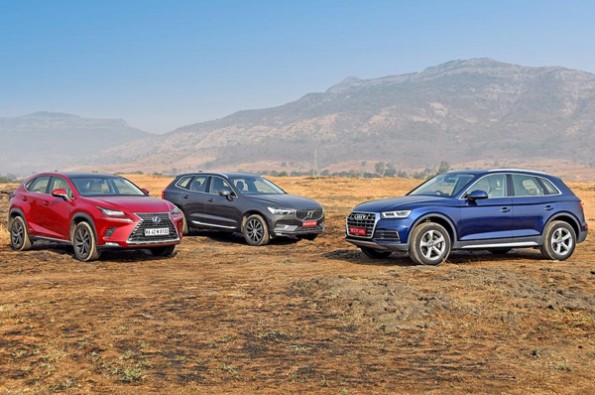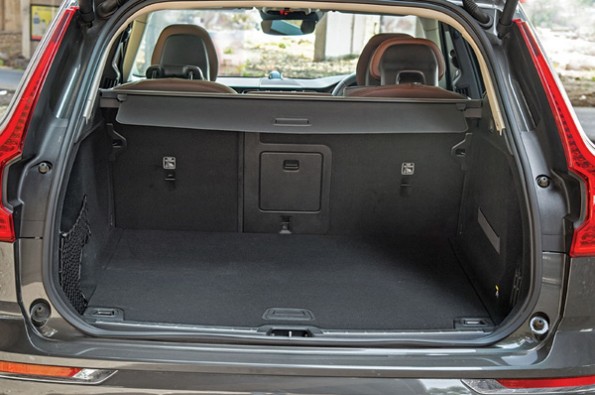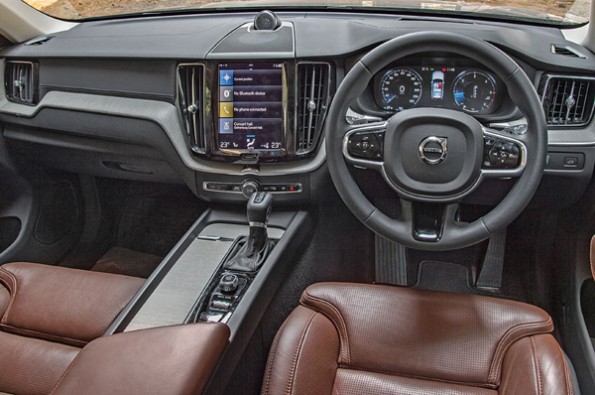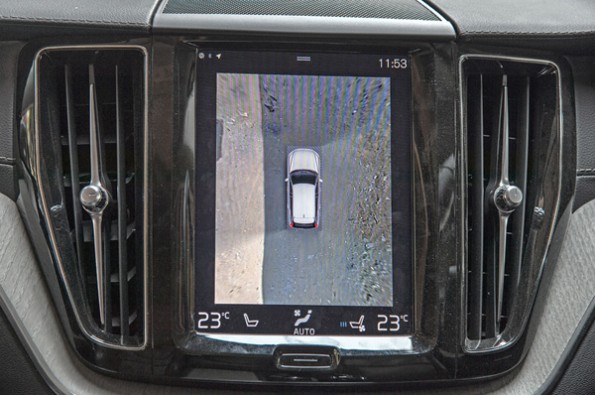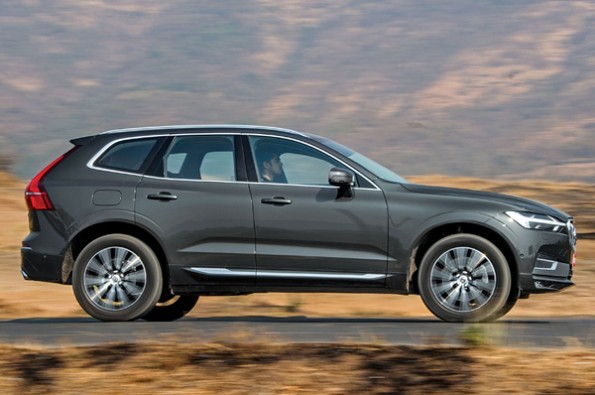
Volvo has stepped up its game with the newest XC60. It’s a stunning looking SUV with high-quality interiors and many features. Powering it is a strong diesel motor that packs a punch, all of this while being well-priced. India also recently received Audi’s new Q5 that has similar qualities. While we want to figure out how these two compare, it will be interesting to see how the Lexus NX300h takes on the competition. Furthermore, it is well-priced and offers a high fuel efficiency figure.
On the inside
All three of these SUVs have a different take in terms of interior. The Audi’s interior looks classy and understand. It also feels extremely solid and well-built. The car has a neat wood trim that runs across the interior and the buttons feels expensive. Despite all three having large sunroofs, the Q5’s cabin feels the brightest - owing to lighter-coloured interior. In terms of room, it’s the Audi that’s the most spacious and supportive.
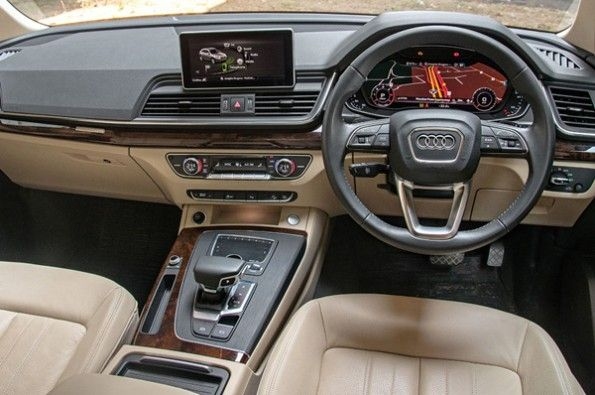
In comparison, the NX300h is very flashy. The dash has a large spindle-like centre console that has an elegant analogue clock. Even though it is sharper on the inside, the materials used feel expensive. A nice feature in this car is how the steering retracts and the seat moves back for the driver to exit the vehicle with more ease. Additionally, this car has electrically adjustable rear seats that recline to an extremely comfortable angle. However, the seats are positioned a bit low, resulting to the lack of under thigh support.
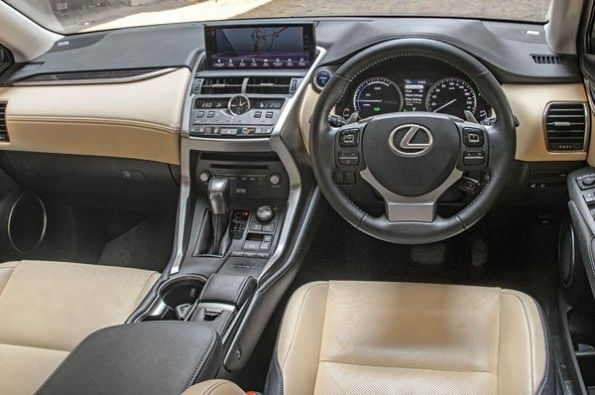
In terms of interiors, the Volvo feels elegant and top-notch. The large screen, detailed bits and extensive use of wood gives the cabin a nice style. The front seats really stand out while being covered in soft, high-quality leather. Not only are they very comfortable, they are supportive as well. The rear seat however is where this car lacks, the doors don’t open far enough and getting in and out is difficult. To add to that, the lower back support is a bit intrusive and individuals with larger bodies will not like the narrow side bolstering.
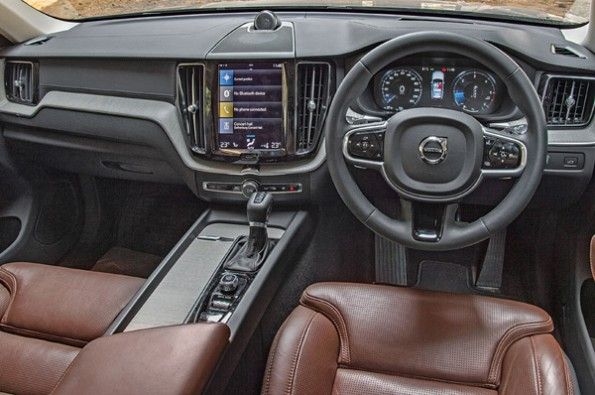
How do they perform?
The 190hp, four-cylinder diesel motor in the Q5 is very refined and has a decent punch. It is also free-revving and pulls hard till 4,700rpm. The bike is also more responsive and with an aggressive twist of throttle, it can pull away quickly as well. The Q5 does however, have a dual-clutch gearbox that can get a bit jerky in traffic, but performs well and has surprisingly quick shifts. Lastly, the Audi stays as a front-wheel drive SUV, until grip is lost.
On the other hand, the Lexus is powered by a 197hp, 2.5 litre petrol motor that has three electric powertrains. One of which drive the front wheels, second one for the rear wheels and the last one works as an alternator. This engine is extremely silent at low speeds and makes close noise. This is thanks to it running purely in electric mode. Overall performance isn’t as smooth either, and this hybrid lacks the torque of the diesel engines.
The 235hp, four-cylinder diesel motor in the XC60 is the most powerful of the three. It’s smooth and doesn’t sound as bad as the Audi at higher rpms. The car picks up speed smoothly thanks to the electric air compressor that feeds the engine. However, the car does feel a bit slow in the mid-range and the additional 45hp can’t be felt. Lastly, the eight-speed box shifts gears quicker than the Q5.
How much do they cost?
Audi has launched the Q5 in two versions – Premium Plus and Technology – they cost Rs 53.25 lakh and Rs 57.60 lakh (ex-showroom, India). The Q5 comes with a two warranty as standard which can be further extended to five years.
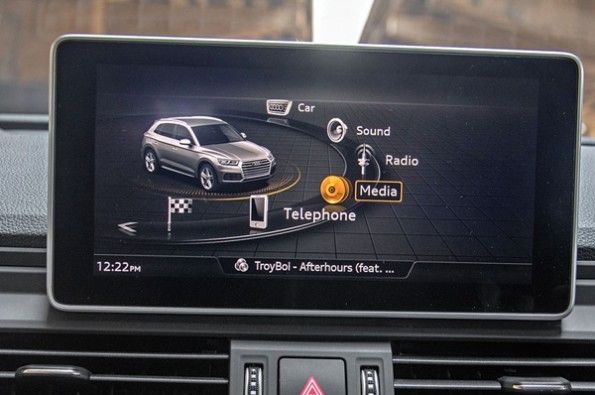
Lexus’s NX300h can also be had in two trims – Luxury and F-Sport, which cost Rs 53.18 and Rs 55.58 lakh (ex-showroom, India). Lexus offers a standard warranty of three years with an additional two year warranty on the hybrid battery pack. This makes the strongest in terms of warranty.
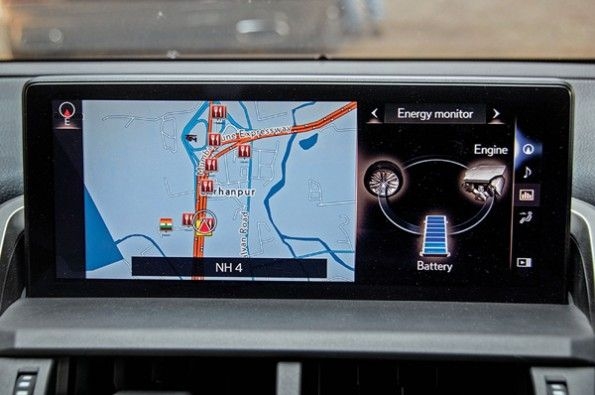
The XC60 can only be had in the Inscription version that costs at Rs 55.90 lakh (ex-showroom, India). Standard warranty on the car is two years, but it can be extended up to the fourth year for an additional cost.

Which one should you buy?
Lexus’s NX300h is for an individual looking a fancy, urban hybrid SUV. This SUV also benefits from having really good fuel efficiency and a competitive price tag. However, the car’s ride and handling is lacking. The motor and interior also feels a bit unrefined.
Audi’s new Q5 is extremely well made and the interior feels plush and roomy. The engine feels refined and powerful and the car also rides smoother than any other car in its segment. The steering does lack the enthusiasm one would want from it and the car looks a bit simple.
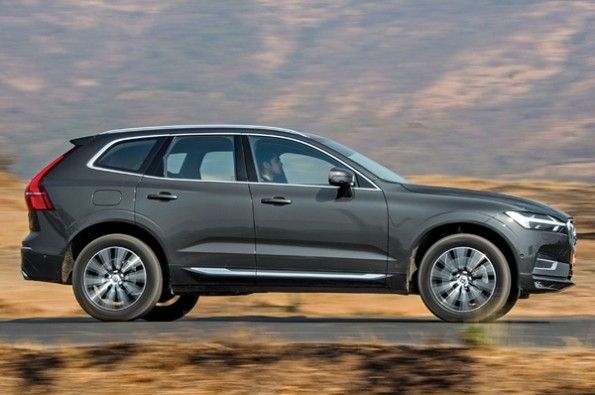
Volvo’s XC60 blows its competition away when it comes to features – it has air suspension, Nappa leather etc. Furthermore, it has a smooth diesel motor and has high levels of safety features. However, the car lacks the comfort levels that can be found in the Audi. It also misses out on a wide spread dealer network. Overall, the SUV feels like it is from a segment above its own, which is why it’s the clear winner here.
However, it may be the right time to hold on for a bit as the new BMW X3 is on its way and it could be better than the XC60.
